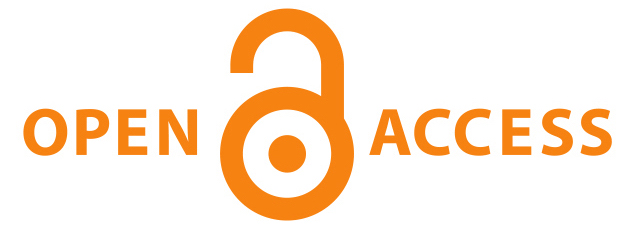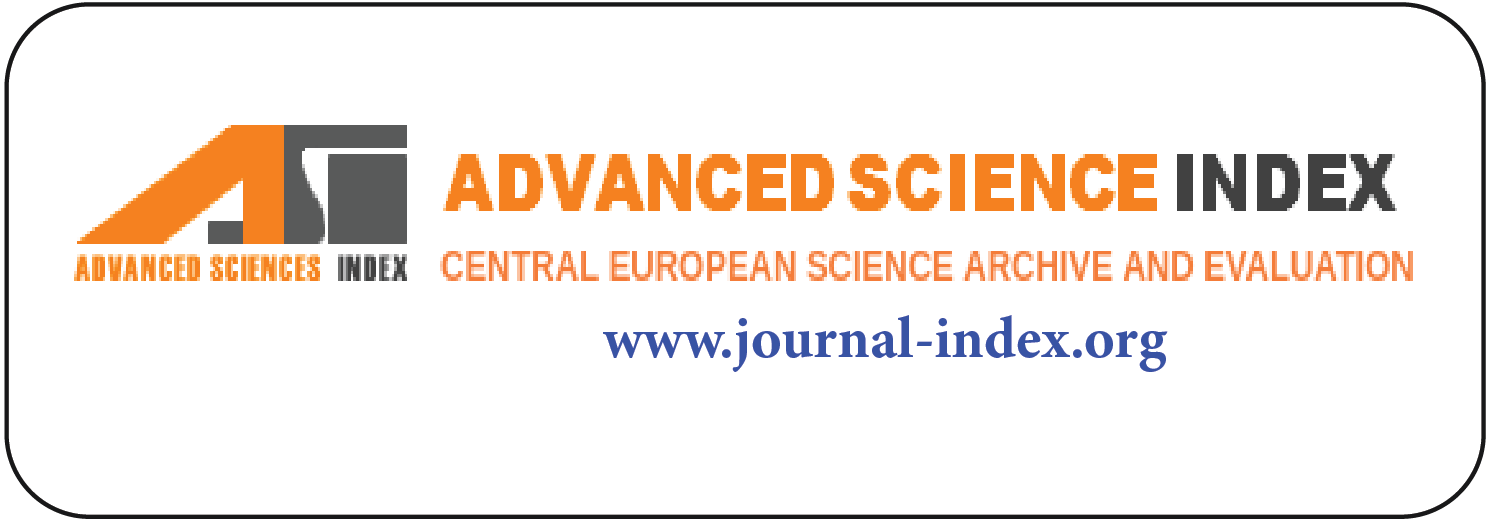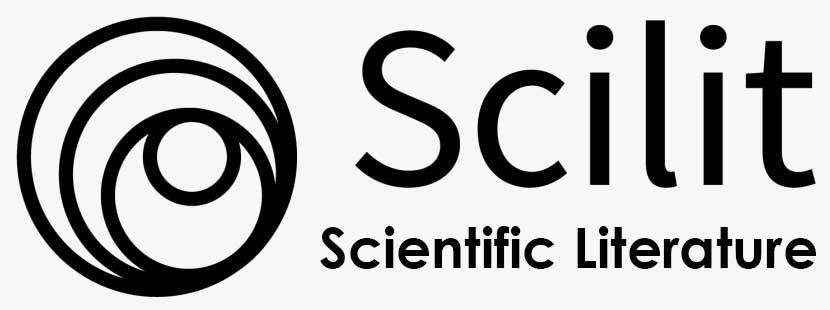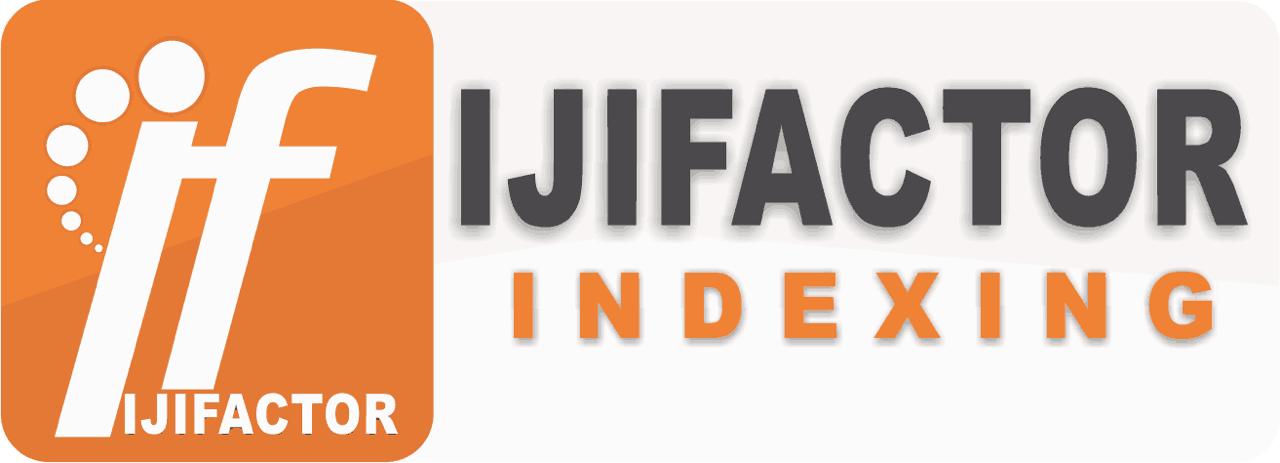The Reliability and Validation of the English Language Self-Confidence Scale Among Pakistani Students
DOI:
https://doi.org/10.56868/jadhur.v2i1.34Keywords:
Psychometric, Reliability, English language Anxiety, Validity, Self-confidence QuestionnaireAbstract
The current study aimed to investigate how Pakistani students felt about their English language anxiety using the Clément and Baker self-confidence questionnaire. The researcher conducted a pre-test to check the validity and reliability of the English Self-confidence Questionnaires among Pakistani students. All of the participants in the sample, who were chosen at random and ranged in age from 18 to 29, were enrolled in public sector programs of study. The study's data was analyzed on (SPSS statistical software for social sciences version 23). In the data analysis stage, descriptive statistics are used first in data analysis techniques to analyze the means and percentages of the data. The pretest of the questionnaire, given to 50 participants, was followed by the study. Pre-testing involved recruiting college and undergraduate public students from the general population (n = 50). The survey was distributed to Pakistani students at several institutions online via Google-form. According to reliability and validity analysis, the total Cronbach's alpha was 0.949, which indicated high statistical reliability. According to the study's findings, item no. 6's validity score was low. On the other hand, the scale's other items have strong validity. The research concluded that the English self-confidence scale is a valid and reliable tool for use with Pakistani students experiencing language anxiety. Supposing the data analysis was cross-sectional, the observed results could only address the descriptive and discriminative power of English self-confidence scales for public school/college and undergraduate students. More research is needed since these findings are based on a cross-sectional study and convenience samples.
Downloads
Published
How to Cite
Issue
Section
License
Copyright (c) 2023 Sania Aziz, Sali Rahadi Asih

This work is licensed under a Creative Commons Attribution 4.0 International License.
















